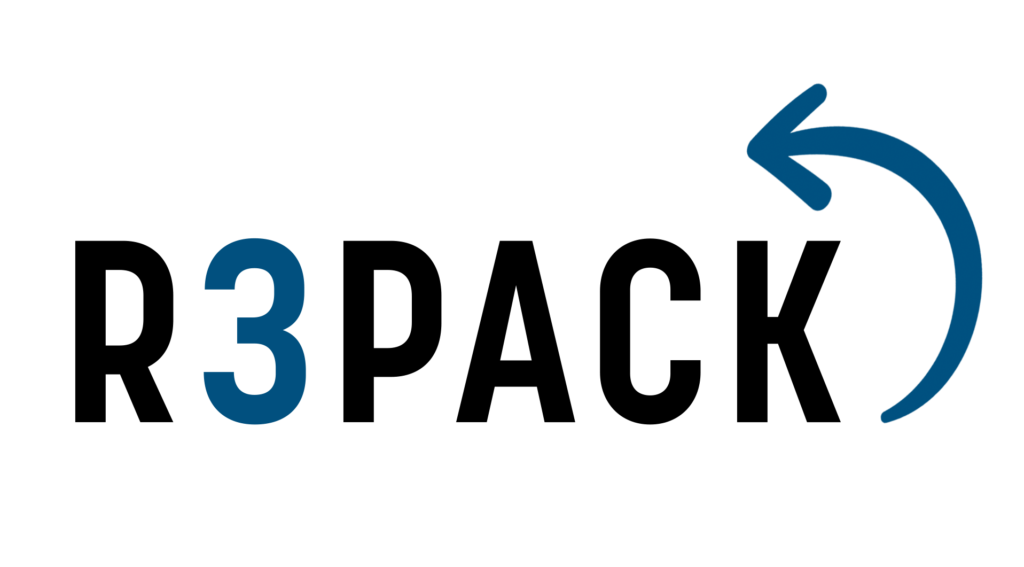
11th January 2023
Today, the public consultation on the revision of EU food contact materials (FCMs) rules closes. The European Commission launched this initiative back in December 2020 with the aim to modernize the rules to, among others, take into account of the latest science and technology and support innovation and sustainability by promoting safe reusable and recyclable solutions, and help reduce the sector’s environmental impact.
The revision will help advanced the Commission’s commitments announced in the Farm to Fork Strategy, i.e. to improve food safety and public health (in particular in reducing the use of hazardous chemicals), support the use of innovative and sustainable packaging solutions using environmentally-friendly, re-usable and recyclable materials, and contribute to food waste reduction. These commitments are also reflected in other key strategies, including the Circular Economy Action Plan (CEAP) and the Chemicals Strategy for Sustainability (CSS) towards a toxic-free environment.
Among the policy options, the European Commission will look into introducing specific rules to ensure that FCMs manufactured from less traditional and potentially more sustainable production sources and methods, while being subject to dedicated and clear rules on safety to incentivise their use.
R3PACK project aims at developing sustainable fiber-based and plastic-free technologies and fostering reuse schemes. R3PACK outcomes will be a relevant tool for decision-makers when assessing the future European Commission proposal and its efficiency and effectiveness to support the use of sustainable packaging solutions, facilitate innovation towards safer, environmentally-friendly, re-usable and recyclable materials.
At this stage of the project, R3PACK Consortium would like to stress:
- Elimination, substitution and expansion of consumer reuse options is the optimum solution to achieve an immediate reduction of plastic pollution. It allows the biggest reduction in plastic pollution and provides the highest mitigation opportunity in greenhouse gas (GHG) emissions compared to existing alternative system interventions (such as mechanical recycling or plastic chemical conversion).
- EU legislation needs to be updated to promote alternative sustainable food packaging and prevent harmful chemicals to get into contact with food.
- The uptake of reuse schemes is key in reducing packaging waste at the source. EU legislation needs to support the uptake of reuse schemes that prevent the need to dispose. R3PACK outcomes propose the right packaging for the right products with the right washing and return logistics strategies adapted to local context, as well as a model for collaboration between players to implement reuse.
- Fibre-based packaging can substitute/should be promoted to substitute complex multilayer plastic packaging. Paper and coated paper are among the most prevalent materials available today for replacing problematic and complex plastic films and multilayer flexibles. R3PACK outcomes demonstrate how fibre-based solutions can fully replace plastic linings with biobased barrier coatings and additives.
About R3PACK
R3PACK – Reduce, Reuse, Rethink PACKaging: towards novel fiber-based packaging and reuse schemes uptake is a project funded by the European Union’s Horizon Europe Research and Innovation Programme under Grant Agreement No 101060806. The project aims to secure the fast and extensive uptake of industrially relevant, cross-sectorial, cost-effective innovative technologies allowing immediate substitution of complex multilayer plastic packaging with high performing fiber-based packaging and economical, industrial and environmental optimisation of reuse schemes demonstrated at large scale and transnationally in 3 EU countries by 2 major retailers, covering the needs of 13 different food product types




